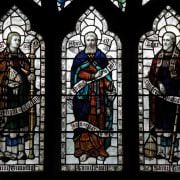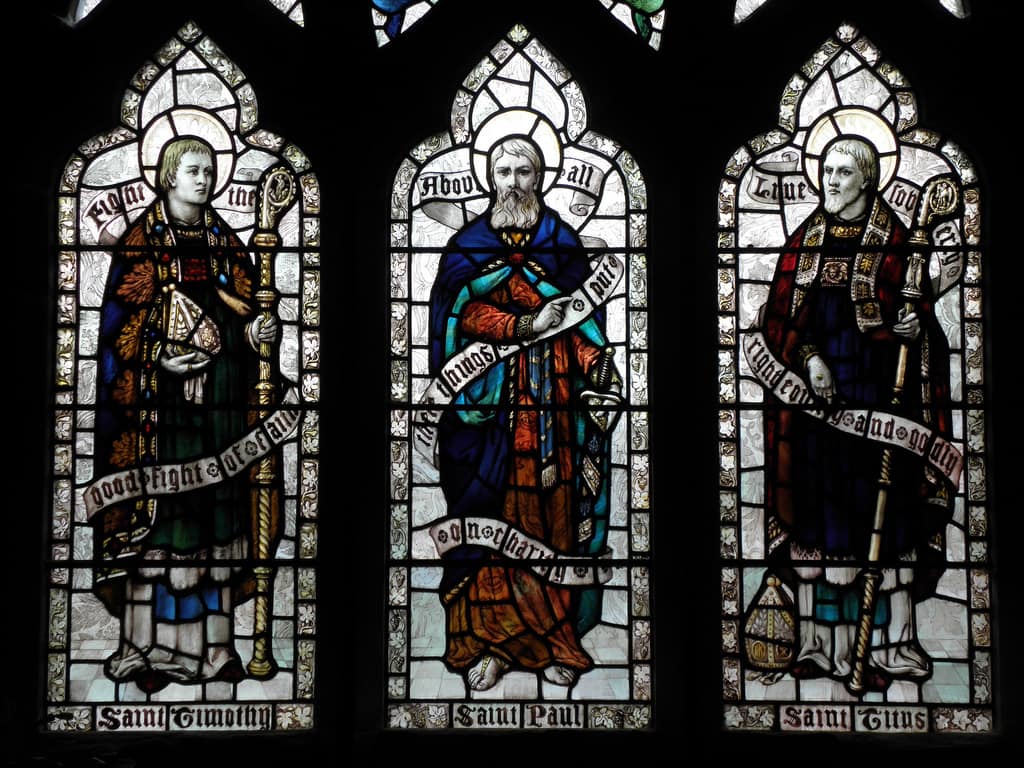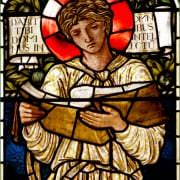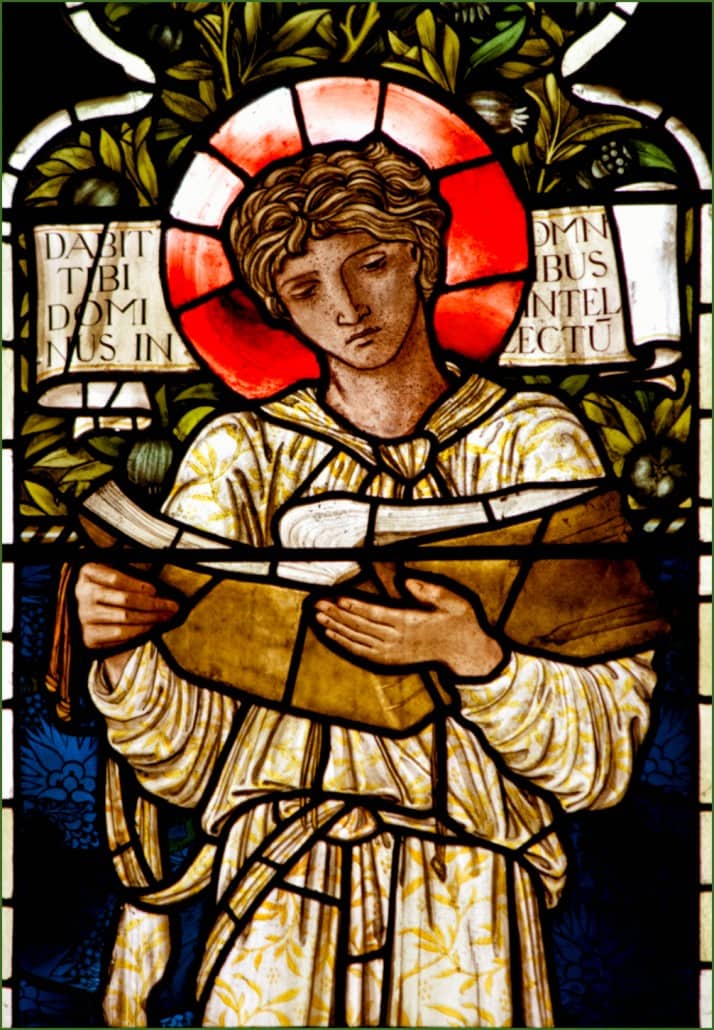Suffering and hope make up forty of the words used in this short letter written by Peter. Here we can learn the connection between suffering and glory. No more sure understanding is needed today than the place of suffering for the Christian. Some think our life is all suffering while others claim that we suffer because we lack trust (faith). Which is it? Peter will tell you.
The Christians that Peter is writing to are facing terrible times from hostile Jews and fanatical Gentiles. General Christian dislike was threatening to become active persecution and would do so under Emperor Nero in the near future. Peter himself would be caught up in the slaughter of Christians and tradition holds he would die in an upside down crucifixion.
What a different Peter we hear from in this letter. The impulsive, restless, and sometimes cowardly, sometimes fearless Peter of the Gospels is now patient, loving and secure. Our persecutions are from Rome’s emperors but pressures loom from all sides: coolness in faith, pursuit of comfort, and persecution for radical faith are all like the lion Peter promises is waiting to devour us.
1 Peter is a deeply encouraging letter. When times are tough, Peter’s words will help you. It is a letter worth memorising. There are also concepts worth cherishing in the heart. Concepts like foreknowledge and choosing are most exquisite, as well as being born again to a living hope.
One more thing to add: the word ‘hope’ has a slightly different meaning today to Peter’s usage. Remember, the Bible was written in a different language! Hope here is better understood as ‘anticipating’ or ‘eagerly expecting’ – a far more positive view as opposed to our way of thinking of hope, which is something more vague and more like wanting something to happen, but not being sure if it will. Peter is sure when he uses the word – he is telling us to expect and anticipate glory. He is far from asking for a vague little encouragement that we should “hope” things will turn out okay.
What is this about the “spirit’s in prison”?
The “spirits in prison” is a famously difficult passage (1 Peter 3:19-20):
“In the Spirit also he went and proclaimed to the spirits in prison. They were the ones who did not obey, when God’s patience waited in the days of Noah, while the ark was being prepared, in which a few, that is, eight people, were brought safely through water”.
As with all interpreting, following the argument carefully is key. Peter’s argument in verse 17 is that we should make sure we only suffer for good reasons. Jesus also suffered for doing good (3:18). Then comes the culmination of his encouragement. Following the argument and avoiding long explanations of interpretive detail leads to this understanding of these verses: when the Holy Spirit raised Jesus from the dead, He claimed victory over all the activity of the evil spirits behind all the trouble of his death and days. These same evil spirits were behind the wickedness of Noah’s day. God was being patient with the people who did not believe in Noah’s time and he is also being patient with the wickedness of the persecuting Romans. Noah was rescued when judgement fell in a decisive victory, and Jesus too has ascended in total victory. Therefore the assured victory over the evil of their day is assured. There is no need to panic. He is using the days of Noah as a picture, an example, of what God can and will do.
Pic: St. Peter, by Guercino








